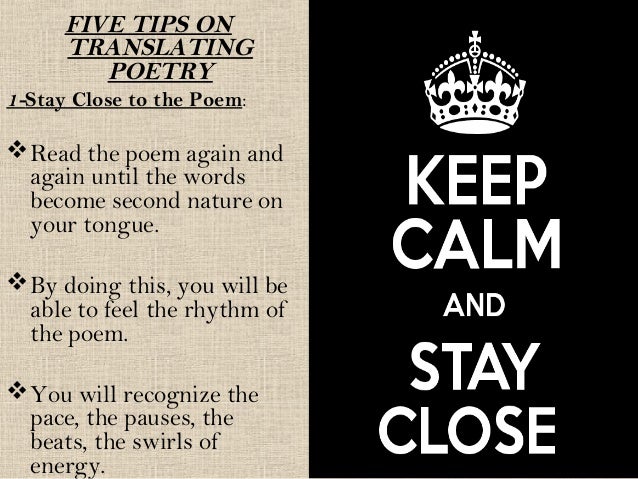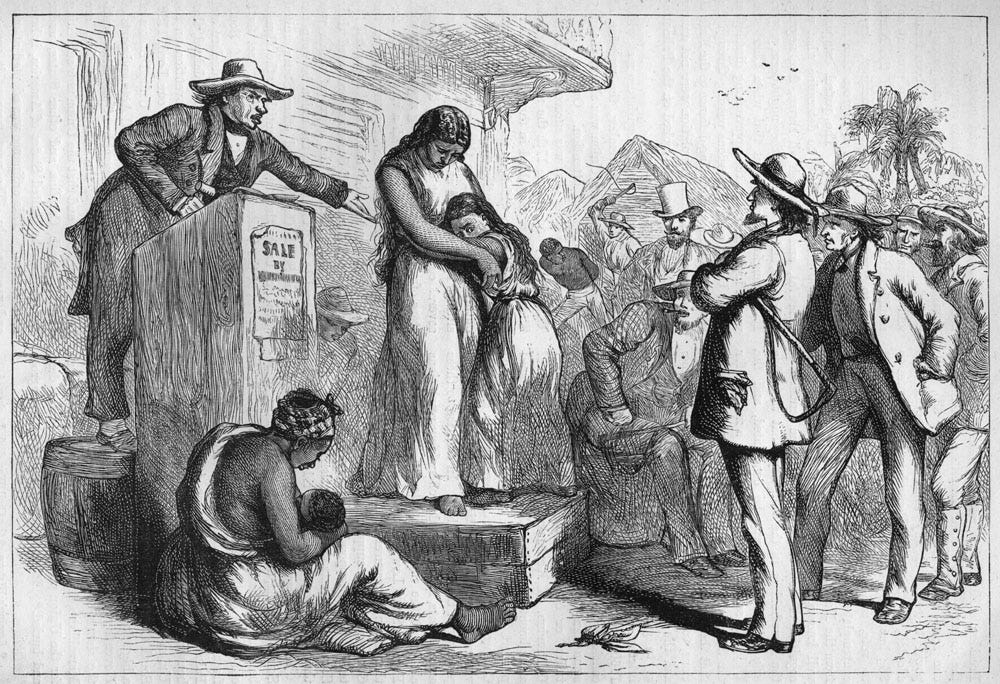Svet v králičí díře - Nad Berounkou pod Tetínem
http://prekladanipvk.blogspot.com/2009_02_22_archive.html
Humří čtverylka
http://prekladanipvk.blogspot.com/2009/10/prekladatel-v-kraji-divu.html
Lysperní jezleni
http://prekladanipvk.blogspot.com/2011/11/lysperni-jezleni-ti-druzi.html
https://prekladanipvk.blogspot.com/2014/12/slovnik-filharmonickeho-slangu.html
CHAPTER II
The Garden of Live Flowers
`I should see the garden far better,' said Alice to herself, `if I could get to the top of that hill: and here's a path that leads straight to it -- at least, no, it doesn't do that -- ' (after going a few yards along the path, and turning several sharp corners), `but I suppose it will at last. But how curiously it twists! It's more like a corkscrew than a path! Well, THIS turn goes to the hill, I suppose -- no, it doesn't! This goes straight back to the house! Well then, I'll try it the other way.'
And so she did: wandering up and down, and trying turn after turn, but always coming back to the house, do what she would. Indeed, once, when she turned a corner rather more quickly than usual, she ran against it before she could stop herself.
`It's no use talking about it," Alice said, looking up at the house and pretending it was arguing with her. `I'm NOT going in again yet. I know I should have to get through the Looking-glass again -- back into the old room -- and there'd be an end of all my adventures!'
So, resolutely turning back upon the house, she set out once more down the path, determined to keep straight on till she got to the hill. For a few minutes all went on well, and she was just saying, `I really SHALL do it this time -- ' when the path gave a sudden twist and shook itself (as she described it afterwards), and the next moment she found herself actually walking in at the door.
'Oh, it's too bad!' she cried. `I never saw such a house for getting in the way! Never!'
However, there was the hill full in sight, so there was nothing to be done but start again. This time she came upon a large flower-bed, with a border of daisies, and a willow-tree growing in the middle.
`O Tiger-lily,' said Alice, addressing herself to one that was waving gracefully about in the wind, `I WISH you could talk!' `We CAN talk,' said the Tiger-lily: `when there's anybody worth talking to."
Alice was so astonished that she could not speak for a minute: it quite seemed to take her breath away. At length, as the Tiger-lily only went on waving about, she spoke again, in a timid voice -- almost in a whisper. `And can ALL the flowers talk?'
`As well as YOU can,' said the Tiger-lily. `And a great deal louder.'
`It isn't manners for us to begin, you know,' said the Rose, `and I really was wondering when you'd speak! Said I to myself, "Her face has got SOME sense in it, thought it's not a clever one!" Still, you're the right colour, and that goes a long way.'
`I don't care about the colour,' the Tiger-lily remarked. `If only her petals curled up a little more, she'd be all right.'
Alice didn't like being criticised, so she began asking questions. `Aren't you sometimes frightened at being planted out here, with nobody to take care of you?'
`There's the tree in the middle,' said the Rose: `what else is it good for?'
`But what could it do, if any danger came?' Alice asked.
`It says "Bough-wough!" cried a Daisy: `that's why its branches are called boughs!'
`Didn't you know THAT?' cried another Daisy, and here they all began shouting together, till the air seemed quite full of littleshrill voices. `Silence, every one of you!' cried the Tigerlily, waving itself passionately from side to side, and trembling with excitement. `They know I can't get at them!' it panted, bending its quivering head towards Alice, `or they wouldn't dare to do it!'
`Never mind!' Alice said in a soothing tone, and stooping down to the daisies, who were just beginning again, she whispered, `If you don't hold your tongues, I'll pick you!'
There was silence in a moment, and several of the pink daisies turned white.
`That's right!' said the Tiger-lily. `The daisies are worst of all. When one speaks, they all begin together, and it's enough to make one wither to hear the way they go on!'
`How is it you can all talk so nicely?' Alice said, hoping to get it into a better temper by a compliment. `I've been in many gardens before, but none of the flowers could talk.'
`Put your hand down, and feel the ground,' said the Tiger-lily. `Then you'll know why.
Alice did so. `It's very hard,' she said, `but I don't see what that has to do with it.'
`In most gardens,' the Tiger-lily said, `they make the beds too soft -- so that the flowers are always asleep.'
This sounded a very good reason, and Alice was quite pleased to know it. `I never thought of that before!' she said.
`It's MY opinion that you never think AT ALL,' the Rose said in a rather severe tone.
`I never say anybody that looked stupider,' a Violet said, so suddenly, that Alice quite jumped; for it hadn't spoken before.
`Hold YOUR tongue!' cried the Tiger-lily. `As if YOU ever saw anybody! You keep your head under the leaves, and snore away there, till you know no more what's going on in the world, that if you were a bud!'
`Are there any more people in the garden besides me?' Alice said, not choosing to notice the Rose's last remark.
`There's one other flower in the garden that can move about like you,' said the Rose. `I wonder how you do it -- ' (`You're always wondering,' said the Tiger-lily), `but she's more bushy than you are.'
`Is she like me?' Alice asked eagerly, for the thought crossed her mind, `There's another little girl in the garden, somewhere!'
`Well, she has the same awkward shape as you,' the Rose said, `but she's redder -- and her petals are shorter, I think.'
`Her petals are done up close, almost like a dahlia,' the Tiger-lily interrupted: `not tumbled about anyhow, like yours.'
`But that's not YOUR fault,' the Rose added kindly: `you're beginning to fade, you know -- and then one can't help one's petals getting a little untidy.'
Alice didn't like this idea at all: so, to change the subject, she asked `Does she ever come out here?'
`I daresay you'll see her soon,' said the Rose. `She's one of the thorny kind.'
`Where does she wear the thorns?' Alice asked with some curiosity.
`Why all round her head, of course,' the Rose replied. `I was wondering YOU hadn't got some too. I thought it was the regular rule.'
`She's coming!' cried the Larkspur. `I hear her footstep, thump, thump, thump, along the gravel-walk!'
Alice looked round eagerly, and found that it was the Red Queen. `She's grown a good deal!' was her first remark. She had indeed: when Alice first found her in the ashes, she had been only three inches high -- and here she was, half a head taller than Alice herself!
`It's the fresh air that does it,' said the Rose: `wonderfully fine air it is, out here.'
"I think I'll go and meet her,' said Alice, for, though the flowers were interesting enough, she felt that it would be far grander to have a talk with a real Queen.
`You can't possibly do that,' said the Rose: `_I_ should advise you to walk the other way.'
This sounded nonsense to Alice, so she said nothing, but set off at once towards the Red Queen. To her surprise, she lost sight of her in a moment, and found herself walking in at the front-door again.
A little provoked, she drew back, and after looking everywhere for the queen (whom she spied out at last, a long way off), she thought she would try the plan, this time, of walking in the opposite direction.
It succeeded beautifully. She had not been walking a minute before she found herself face to face with the Red Queen, and full in sight of the hill she had been so long aiming at.








